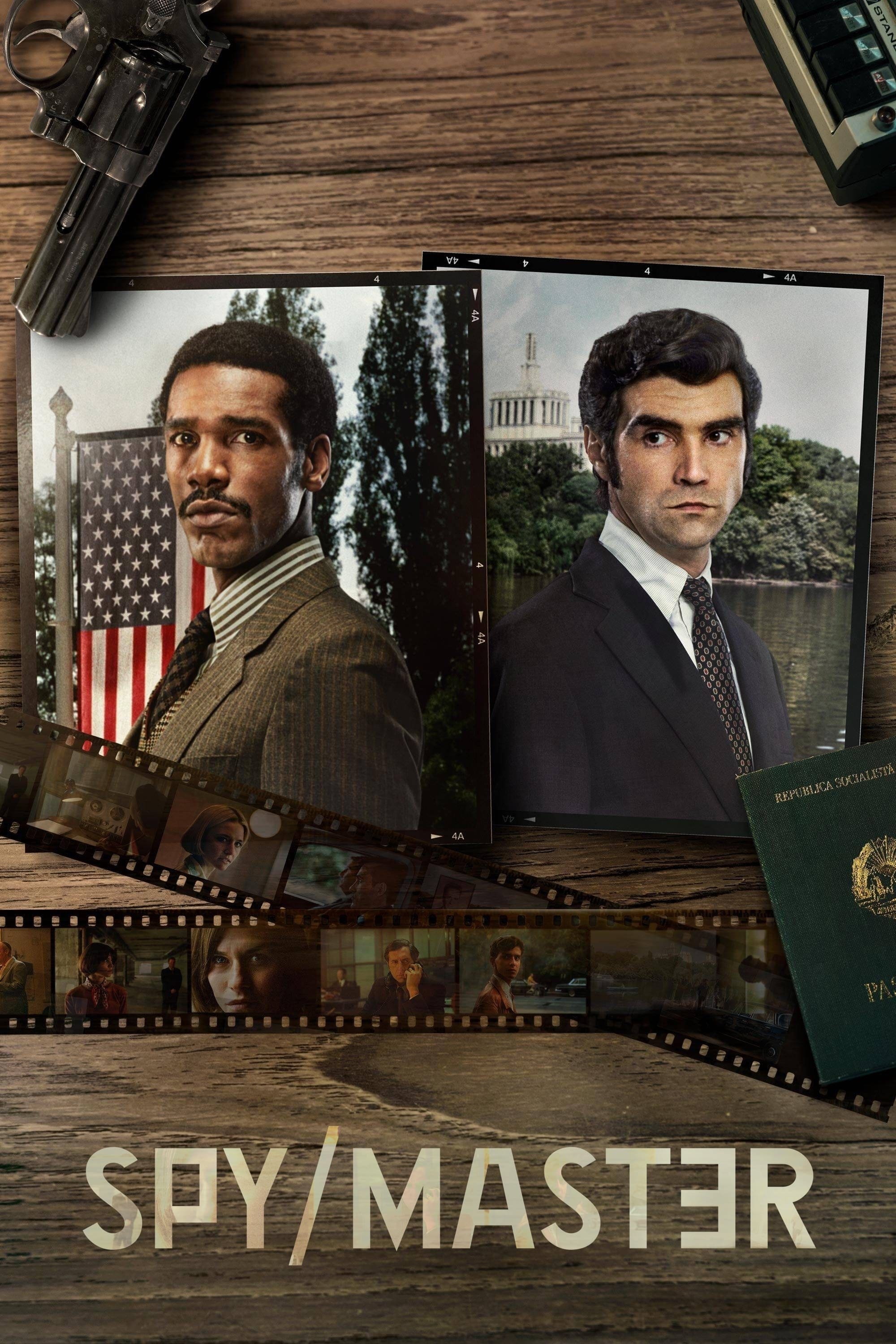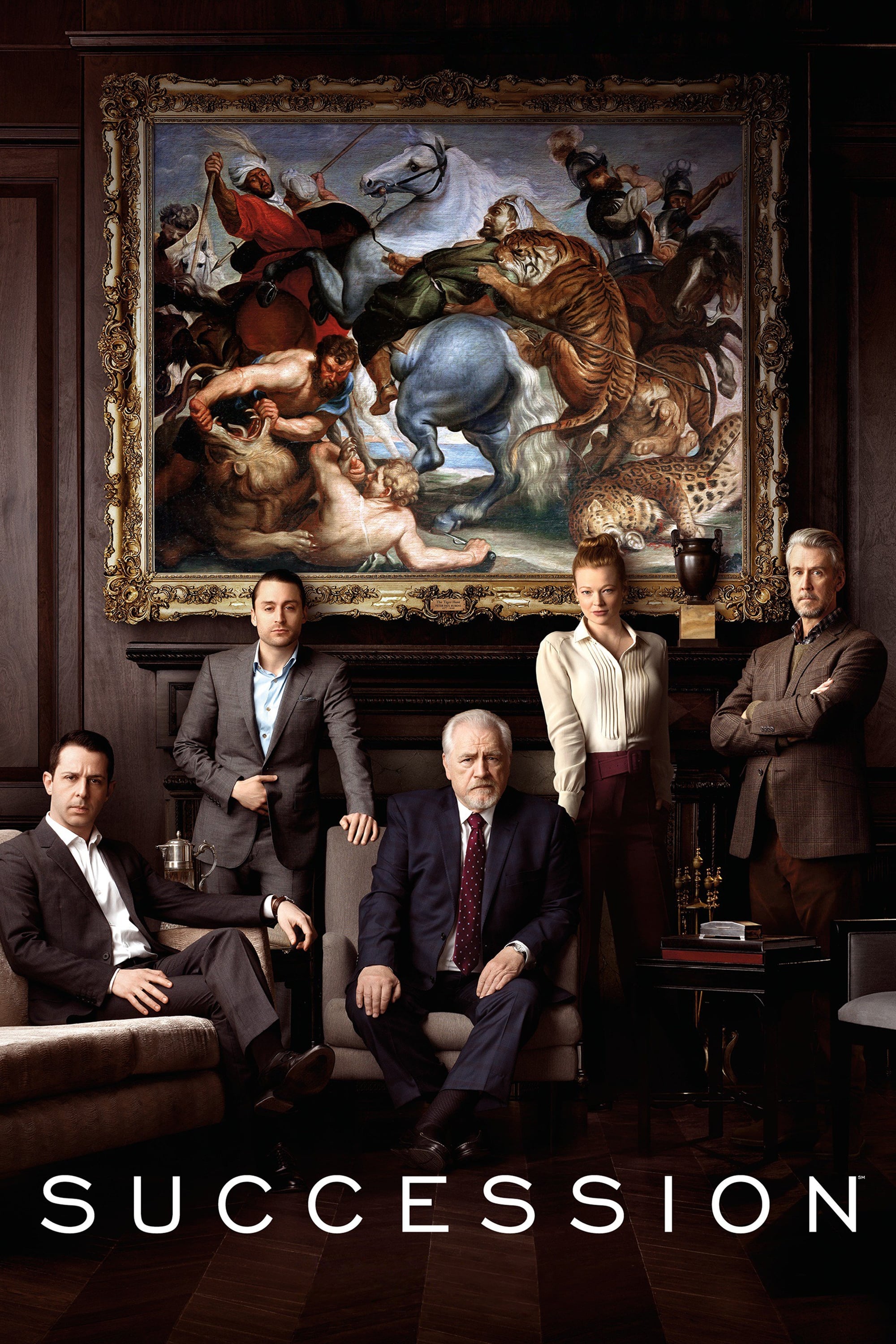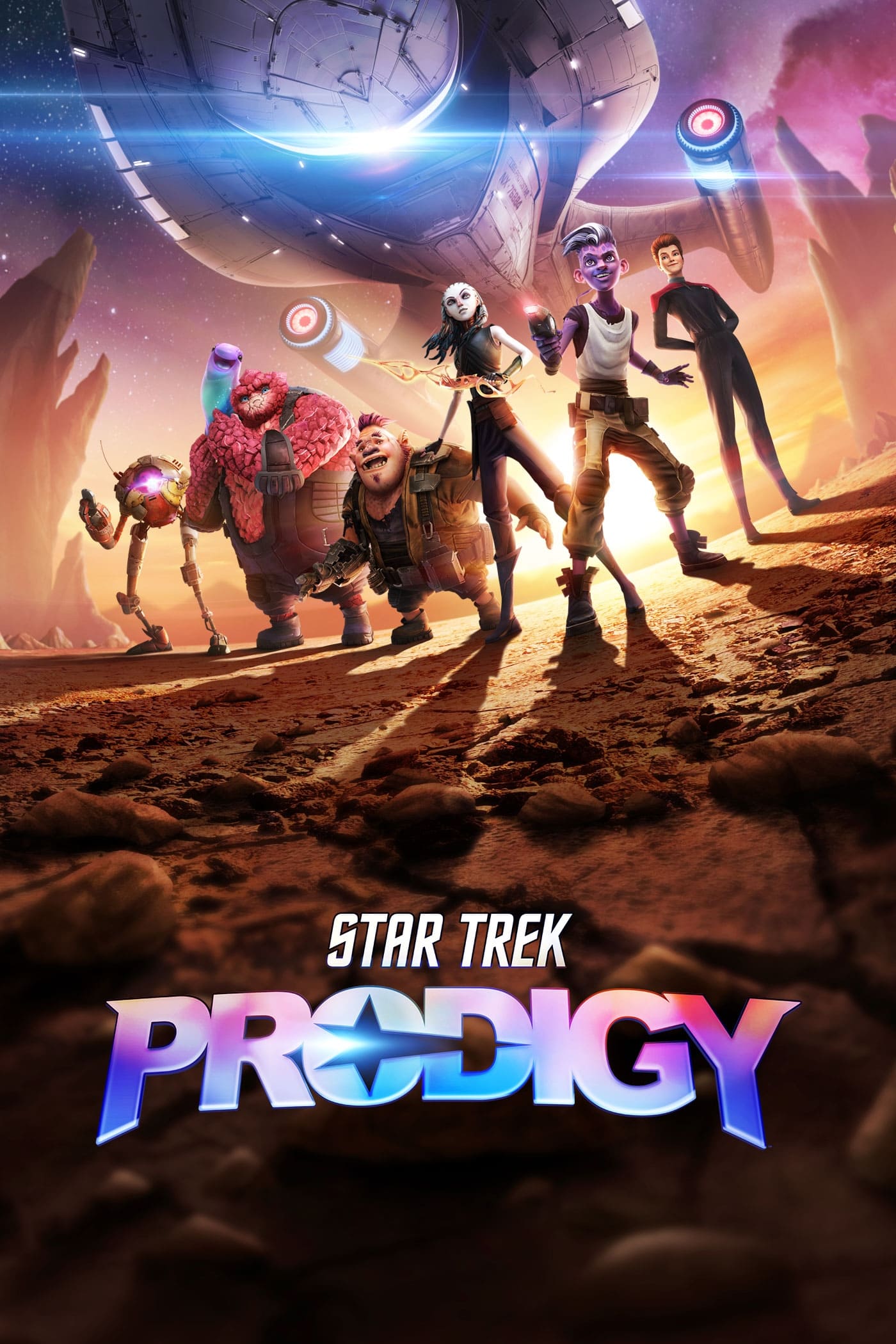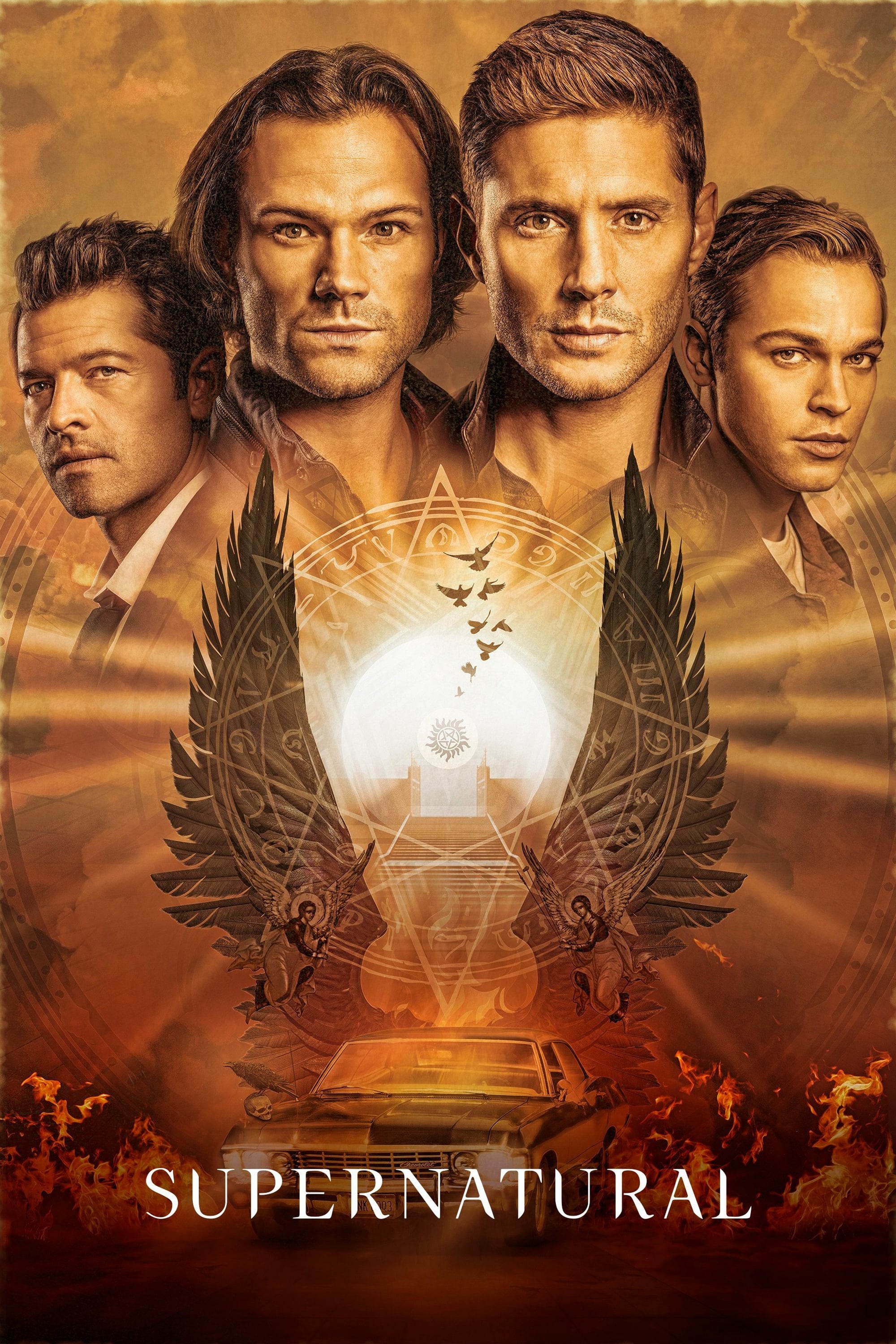![Ben Williams - State Of Art (2011/2015) [Official Digital Download 24bit/88,2kHz] Download](https://i0.wp.com/imghd.xyz/images/2022/08/30/0088807234627_600.jpg?resize=500%2C500&ssl=1)
Ben Williams – State Of Art (2011/2015)
FLAC (tracks) 24 bit/88,2 kHz | Time – 01:01:47 minutes | 1,22 GB | Genre: Jazz
Studio Masters, Official Digital Download | Digital Booklet, Front Cover | © Concord Jazz
‘By definition the bass player is a pivotal figure in jazz, a steward of tonality as well as tempo. Determining a good one can require close listening: that quality reveals itself in the cohesion of the band as well as in the handling of line and phrase. All of this was accounted for in Mr. Williams’s set, which also involved a pair of harmonically sound original compositions and a balance of tradition and novelty.’ -Nate Chinen, New York Times State Of Art is a result of Williams’ first prize in the 2009 Thelonious Monk International Competition for double-bass. The album marks Williams’ first album as a leader, however it is not the bassist’s first time working with the Concord Jazz family.
For the past two years, Williams has been a working member of two Concord Jazz artists’ working bands: vibraphonist Stefon Harris & Blackout, a R&B and hip-hop-tinged group, which calls on Williams’ unique connection with go-go, from his native Washington, DC to inform its sound and pianist Jacky Terrasson’s Trio. Williams was featured on Harris’ 2009 Concord Jazz debut, Urbanus and Terrasson’s 2010 Concord Jazz debut, Push. So it is particularly fitting that he now joins the Concord Jazz roster as a leader in his own right.
The title of Williams’ debut stops modestly short of such a bold argument, but does sum up the young bassist’s of-the-moment approach. “I’m trying to interpret the times,” Williams says, “to represent what’s going on today.”
To that end, State of Art is a wholly contemporary amalgam of jazz, R&B, hip-hop, and even classical influences which fully acknowledge the past while maintaining an urgency born of the here and now. The variety of flavors that comprise this musical stew, Williams explains, are drawn from his full 26 years of experience – with perhaps an extra nine months besides.
“I always feel like you start your musical training maybe even before you’re born,” he says. “Consciously or subconsciously you soak in all the music you hear around you, so when you do get to the point where you’re expressing your own music that stuff is all mixed in there whether you like it or not. So I just try to be honest and represent all that influence.”
Williams cites his mother’s tastes as defining his earliest listening experiences. At home he was surrounded by the sounds of Marvin Gaye, Stevie Wonder, James Brown, the Jackson 5; his formative years coincided with the heyday of Michael Jackson and Prince.
Those inspirations are deeply imprinted on State of Art, not only in Williams’ choice of repertoire – which includes Jackson’s relatively obscure “Little Susie” and Wonder’s 1985 hit “Part-Time Lover” – but in his own original compositions, like the infectiously groovy opener, “Home”, and the James Brown tribute “Mr. Dynamite”, which also evokes latter-day Cannonball Adderley.
They also surface in the surprising context of the album’s sole standard, an airy reimagining of “Moonlight in Vermont” that sees Williams switching to electric bass. “I like to juxtapose something old with something new,” he says. “Where ‘Part-Time Lover’ is the only song on the record that swings the whole way through, even though it happens to be a Stevie Wonder cover, ‘Moonlight in Vermont’ is the reverse: a very old standard interpreted in a very modern way. It’s probably closer to Prince than Frank Sinatra.”
He also ventures boldly into the common ground between jazz and hip-hop on “The Lee Morgan Story”, a tune by emcee John Robinson that he discovered when the two appeared together as part of jazz/hip-hop fusioneers Revive Da Live’s show “Hip-Hop 1942.” He invited not only Robinson to revive his role as Morgan’s rap biographer for the recording, but also recruited trumpeter Christian Scott, himself no stranger to blurring genre boundaries.
Though the Monk Competition has established Williams’ place among the leading bassists of his generation, it wasn’t his first instrument. He began by playing around on a classically-trained cousin’s piano, which he then inherited when she upgraded to a newer instrument. “I still remember that day when my mom made me go into the basement,” Williams recalls. “I heard all this noise, and I came upstairs and there was a piano. Having a piano in the house was the best gift I probably ever could have gotten.”
Williams learned the piano by ear, picking out TV theme songs and tunes he heard on the radio. By the time he got to middle school, he’d decided to pursue the guitar, but mistakenly signed up for a string class that taught only violin, viola, cello and bass. “By the time I found out, it was too late to get into the guitar class. So I picked what looked like the coolest instrument, and that was the bass. Needless to say, I stayed in the class.”
While he continued to play piano, and has even won piano competitions in his native Washington D.C., he quickly took to the bass and, through that, to jazz. He went on to study with Rodney Whitaker and Jack Budrow at Michigan State University School of Music and earned his Masters at Juilliard.
Since leaving academia Williams has relocated to New York and joined vibraphonist Stefon Harris’ like-minded group Blackout and performed with a host of jazz greats, including Wynton Marsalis, Terence Blanchard, Pat Metheny, Roy Hargrove, Mulgrew Miller, and Cyrus Chestnut.
The band Williams assembled for State of Art is a first-time assemblage of his peers, most of whom he’s played with in a variety of different configurations. At its core, the band consists of tenor/soprano saxophonist Marcus Strickland, guitarist Matthew Stevens, keyboardist Gerald Clayton, drummer Jamire Williams (who also appeared with the bassist on Terrasson’s Push) and percussionist Etienne Charles, joined on three tracks by alto/soprano saxophonist Jaleel Shaw. Williams mixes a string quartet into his arrangements of Jackson’s “Little Susie” and Bay Area soul singer Goapele’s tender, yearning “Things Don’t Exist.”
“I’m always looking for guys who are team players, who are great players but know how to elevate the whole band,” Williams says. “They play in a way that makes everybody else around them sound better, but also bring their own voice to the music.”
For all the assembled talent and wealth of influences, Williams has clearly discovered his own identity as bassist, composer and bandleader. The album is at its heart a statement, one that announces the arrival of an important, timely new voice – in essence, the state of the art.
Tracklist:
1. Ben Williams – Home (04:13)
2. Ben Williams – Moontrane (06:31)
3. Ben Williams – The Lee Morgan Story (04:32)
4. Ben Williams – Dawn Of A New Day (07:38)
5. Ben Williams – Little Susie Intro (01:24)
6. Ben Williams – Little Susie (06:46)
7. Ben Williams – November (07:07)
8. Ben Williams – Part-Time Lover (07:07)
9. Ben Williams – Things Don’t Exist (06:01)
10. Ben Williams – Mr. Dynamite (05:32)
11. Ben Williams – Moonlight In Vermont (04:52)
Download:
























![Ben Williams – Coming Of Age (2015) [Official Digital Download 24bit/88,2kHz]](https://imghd.xyz/images/2022/08/30/0088807237122_600.jpg)